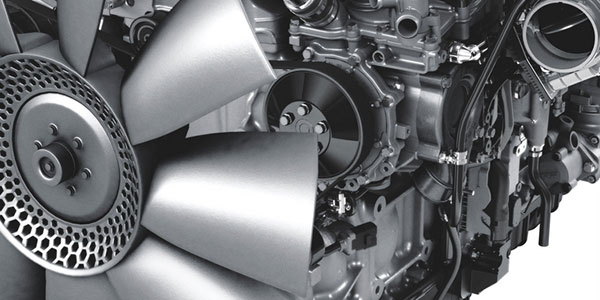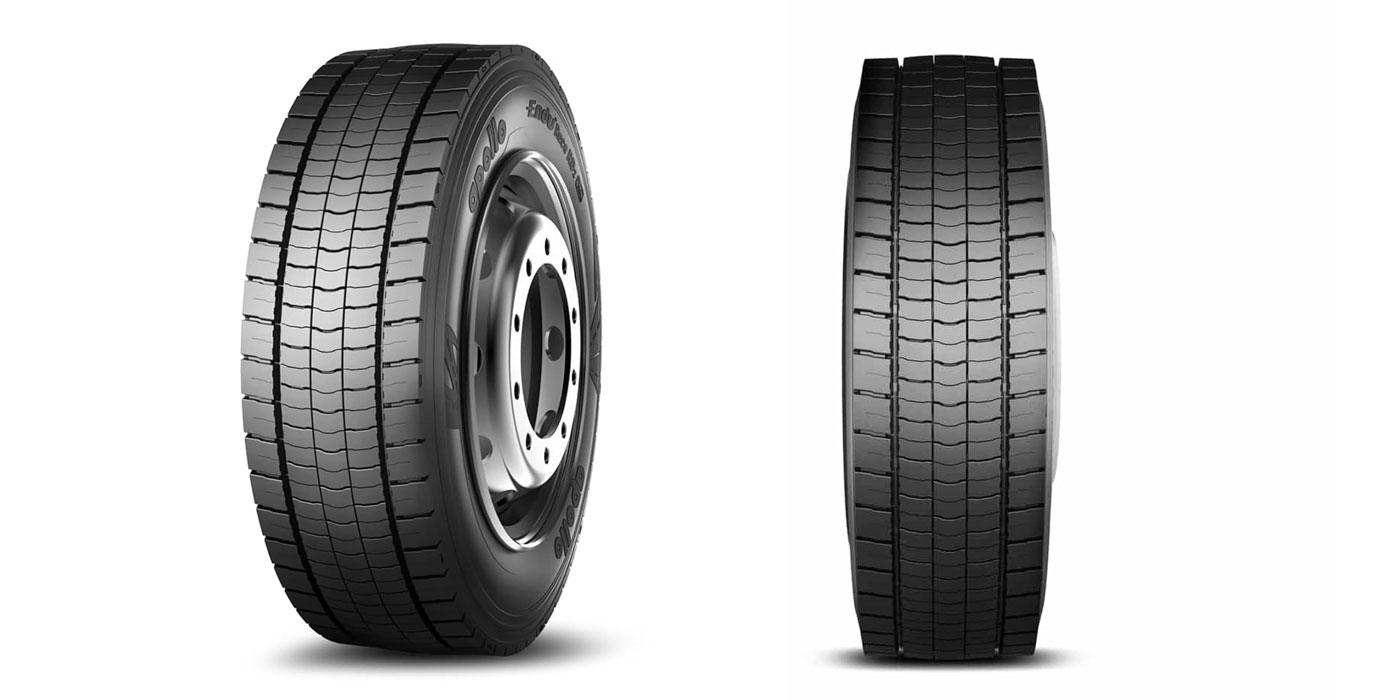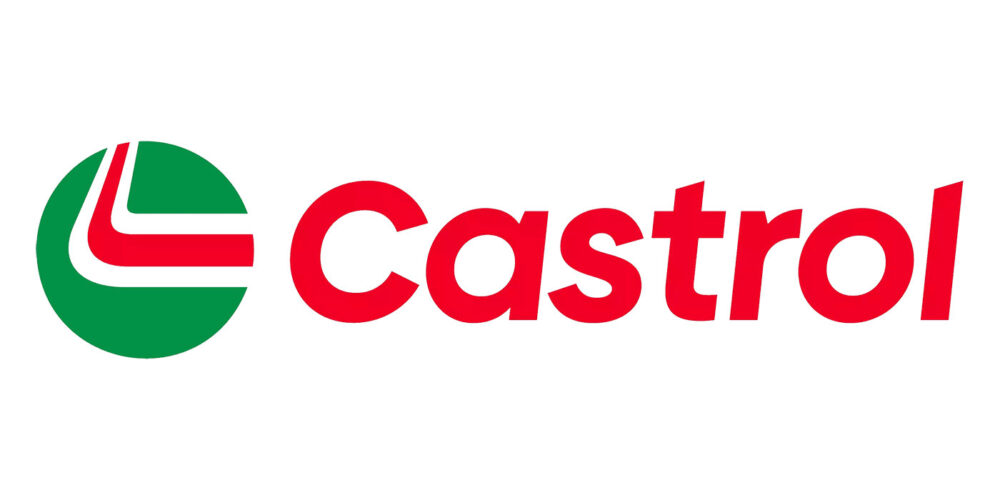
During the combustion process, particulates can lead to increased emission problems and negative health effects. As regulatory changes in emission standards aim at reducing the by-products of the emissions process, OEMs have adopted innovative ways of integrating advanced exhaust aftertreatment devices into new vehicles.
Over the last decade, on- and off-road diesel engines have started to incorporate diesel particulate filters (DPFs). DPFs aid in reducing emissions and capturing harmful particulate matter or soot. This prevents the material from being exhausted and released into the atmosphere. DPFs are now present in nearly all on-road diesel-powered vehicles, and are also commonly found in off-road vehicles and equipment.
To prevent DPFs from clogging over time, they must go through a regeneration cycle to safely burn particulate matter and safely capture the soot until the next regeneration cycle. If an engine produces more soot, it will have to undergo regeneration more frequently.
The types of regeneration
When seeking regeneration of a DPF, there are two primary types: passive and active. Some engines use one or a combination of both.
Passive regeneration cycles occur at normal exhaust gas temperatures, while utilizing some form of a catalyst or additive that will oxidize the soot and regenerate the DPF. If exhaust temperatures stay between about 700ºF to 1,100ºF, a DPF will continuously regenerate and remain clean.
The active regeneration process, on the other hand, utilizes heat to oxidize soot and clean inside the DPF. This heat is commonly increasing combustion temperatures or heating the exhaust gas. However, the use of both can negatively affect engine performance and fuel economy, so minimizing the appropriate regeneration interval is critical to the longevity of the DPF and engine.
If neither regeneration cycle is selected and used when needed, offline cleaning may be required. This cleaning occurs when the DPF is completely removed from the exhaust system to remove soot and other particles, and ultimately equals unwanted downtime and maintenance costs.
High-performance fluids can minimize soot buildup
Though it is necessary at times, DPF regeneration can place unwanted stress onto your equipment. As the equipment ages and more regeneration cycles have occurred over time, this can lead to increased fuel usage, maintenance and downtime. To reduce the risk of these negative effects, it is critical to minimize soot during combustion.
One option for prevention is to use a high-performance diesel fuel containing deposit control additives. If injectors become dirty, they can alter the fuel spray pattern and timing of fuel injection, negatively impacting fuel combustion and potentially producing more soot. Powerful deposit control additives can help keep fuel injectors clean. Keeping injectors clean will optimize combustion and minimize undesirable by-products like soot, and maximizes the interval between regenerations.
The second method of prevention is to use a heavy-duty diesel engine oil. By using a high-quality, low-ash engine oil, a fleet can increase their mileage intervals before requiring DPF regeneration or offline cleaning.
New opportunities with API FA-4
The introduction of the new API FA-4 oils provides a new level of assurance to diesel particulate filters. By providing a new way to ensure that they remain clean and maintain optimal efficiency performance, it allows engines to achieve exceptional durability and efficiency.













